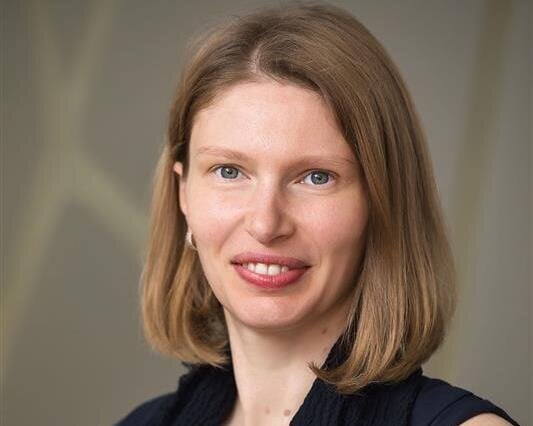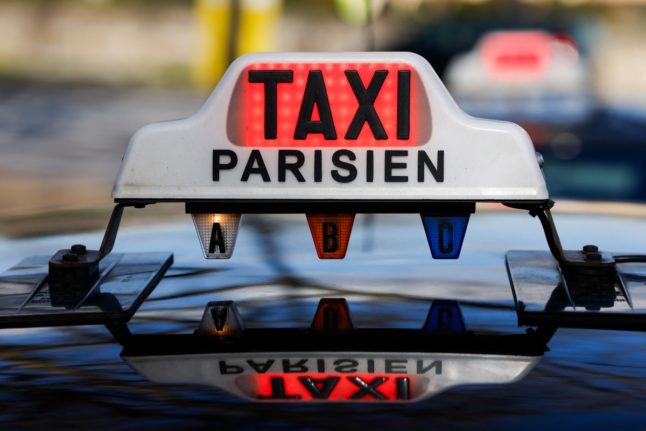For many people, it’s difficult to find a option that fits in with their busy lives. Here, The Local speaks with two international people who found a solution through modular learning with the ESSEC and Mannheim Executive MBA.
Find out more about your unique chance to learn through six-day modules with the ESSEC and Mannheim Executive MBA. The next course starts in October 2021.
Markets are becoming increasingly international and knowing how to conduct business in this global environment is becoming a key competence. After all, the vast majority of large companies operate globally.
Accordingly, an international executive MBA will prepare you to conduct business internationally across all aspects of commerce ranging from management and finance to marketing and sales and more. The ESSEC and Mannheim Executive MBA, rated highly by QS World University Rankings, is a prime example of an Executive MBA that can offer this international dimension.
A truly international experience
Those embarking on an MBA are usually hungry for fresh perspectives. Raluca Rusu, CEO of R Systems Europe, certainly was.
“I grew up working at R Systems and I learned a lot during the process,” says Raluca, who is Romanian. “But I wanted new learning experiences and I specifically wanted an international Executive program to help me get out of my comfort zone, and to mix with people from other cultures. The ESSEC and Mannheim Executive MBA made a virtue out of the international element of its MBA.”
The international aspect was really emphasised, according to Raluca. “Not only were my study colleagues from a huge variety of backgrounds and countries, but so were the university staff – they were not just French or German and they had such a huge wealth of business experience.
“They hadn’t just worked at one or two companies – they had a lot of experience in consulting many companies. And they had practical experience of working with different organisations, so they provided actionable insights that you could apply immediately to your own company or situation. There was a real sense of active entrepreneurship.”
A significant strength of the program is its collaborative approach with team projects. It differentiates itself from competitors thanks to its group project approach (three types of group projects take place during the program, such as social class projects, entrepreneurial or strategic group projects).
Motasem Al Amour, a strategic executive IT and security expert, who works in technical sales for Aruba, a Hewlett Packard company, agrees that the international dimension was an eye-opener.
“One of the key aspects I was looking for was to broaden my horizons. The Executive MBA had such a strong international flavour, both with the other students, and the university staff and lecturers, that it couldn’t fail to offer me new perspectives,” says Motasem.
“Before the program, I think I saw the world from quite a narrow angle. But I now see things from a much wider perspective, to the extent that some of my work colleagues have actually mentioned it. I am much more open to dealing with, and developing solutions, for change and most of that is down to meeting – and working with – such a variety of international people.”

Learning in a way that suits your lifestyle
For anyone with a full-time job, and possibly a family, the flexibility of an Executive MBA course is key. The ESSEC and Mannheim Executive MBA offers a modular course which provides students with six-day chunks of learning. This was very important for Motasem.
“When I first started looking around for a suitable MBA. I saw a lot of institutions offering weekend or full-time only courses,” he says. “But I have a job and a family, so those options weren’t possible. However, the modular offering was perfect. Obviously, it was still going to be challenging, but an intensive six-day chunk of learning every few weeks, rather than every weekend, was much easier to sell to both my family and employer.”
Raluca also preferred the modularity of the course. “I really liked the format of the MBA because, instead of weekends, it had six day chunks of learning. A full-time course was not possible and It would have been far too difficult for me to travel every weekend from Romania to Germany or France.”
Raluca also found the length of each chunk of education to be very time-efficient. “Six days allows you to really focus on a subject in a way that you just can’t do over a weekend.”
Ultimately, what really matters with an MBA course is how it enables you to reap the benefits of what you have learnt in your professional life. And it’s here that both Raluca and Motasem are most effusive in their praise.
“It made me much more willing to tackle change,” says Raluca. “I am now much less wary about trying something new. The course gave me more confidence to try things and not to be afraid of failure. That was a great learning experience.”
Motasem attributes his new-found broader perspective to his time on the Executive MBA. “People at work have noticed the change in my mindset – even my immediate boss! I am much more open to change and to trying new ideas. I also communicate better and am much more adaptable – I actively embrace change now!”
But, as with any educational process, it’s also about the people you meet.
“I also have an amazing new network now, thanks to the Executive MBA course,” says Raluca. “We now have a WhatsApp group, on which we celebrate each others’ birthdays and keep in touch. It’s a really great and unexpected benefit of the course!”



 Please whitelist us to continue reading.
Please whitelist us to continue reading.
Member comments